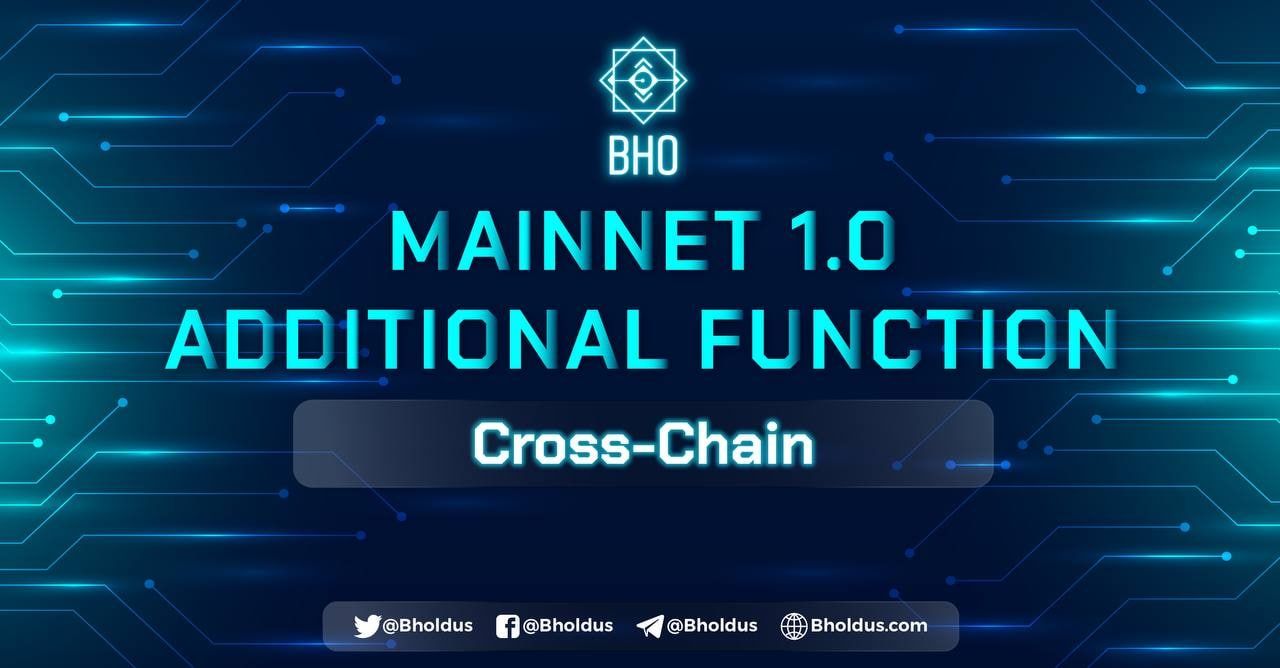- Blog
- Crypto News
- THE PREMISES OF CRYPTO: WHERE DID WE START?
THE PREMISES OF CRYPTO: WHERE DID WE START?
- Centralized financial systems and their shortcomings
- Economic Turmoil: The 2008 Financial Crisis
- Financial Exclusion: A World Unbanked
- Privacy, surveillance, and the threat to individual freedoms
- Currency Challenges: Hyperinflation and Capital Controls
- The desire for decentralized control: Cypherpunk and cryptographic solutions
The emergence of blockchain technology and cryptocurrencies like Bitcoin is not an isolated phenomenon. Instead, it's a response to a series of economic, political, and technological challenges that plagued the world in the preceding decades. To grasp why these innovations were born, we must delve deep into the intricate issues of the pre-blockchain era.
Centralized financial systems and their shortcomings
Monopoly and Inefficiencies: Central banks and major financial institutions held an inordinate amount of power over the financial system. Their monopoly led to inefficiencies like lengthy transaction times and high fees, especially for cross-border transactions.
Systemic Risk: The centralized nature of the financial system made it vulnerable. The collapse or failure of a significant institution, as seen during the 2008 Financial Crisis, could send shockwaves through the entire global economy. This systemic risk posed a looming threat to financial stability.
Economic Turmoil: The 2008 Financial Crisis
Misplaced Trust: Banks and financial institutions indulged in risky lending and investment practices. When these high-risk mortgage-backed securities failed, it led to a cascade of financial disasters, culminating in the 2008 crash.
Erosion of Trust: The subsequent bailouts of major banks using taxpayer money and the absence of stringent actions against the key culprits eroded public trust in centralized financial entities.
Financial Exclusion: A World Unbanked
Limited Access: A vast segment of the global population, especially in developing nations, lacked access to traditional banking services. Without bank accounts, these individuals were excluded from global economic participation.
High costs for the marginalized: Those who had limited access to banking often faced exorbitant fees for basic financial services, further exacerbating economic inequalities.
Privacy, surveillance, and the threat to individual freedoms
Rise of the Digital Age: As the world became increasingly digitized, vast amounts of personal data were collected, stored, and sometimes misused by corporations and governments.
Surveillance concerns: Revelations, like those from Edward Snowden about NSA surveillance, intensified concerns about privacy. There was a growing sentiment that personal financial transactions shouldn't be easily surveilled or controlled by any central entity.
Currency Challenges: Hyperinflation and Capital Controls
Faltering economies: Several countries experienced economic mismanagement leading to hyperinflation, where national currencies lost almost all their value. Zimbabwe in the early 2000s and Venezuela in the 2010s are prime examples.
Restrictive controls: Some governments imposed strict regulations on currency exchange and movement of capital across borders, limiting their citizens' financial freedom.
The desire for decentralized control: Cypherpunk and cryptographic solutions
Cypherpunk Ideals: Rooted in the belief that cryptography could be used as a tool for change, the cypherpunk movement sought methods to ensure privacy and freedom in an increasingly digital age.
Early Digital Currencies: Before Bitcoin, there were attempts at creating digital currencies, like David Chaum's Digicash. Though not widely adopted, they laid the groundwork for what was to come.
With these challenges as the backdrop, blockchain and cryptocurrency emerged as groundbreaking solutions. The decentralized, transparent, and immutable nature of blockchain offered a way to record transactions without centralized control. Simultaneously, cryptocurrencies like Bitcoin promised financial inclusion, privacy, and freedom from traditional currency woes.
In essence, the birth of blockchain and cryptocurrency can be seen as a culmination of decades of economic, political, and technological tensions, offering a fresh approach to age-old problems.
Published on October 13, 2023
Tagged topics







